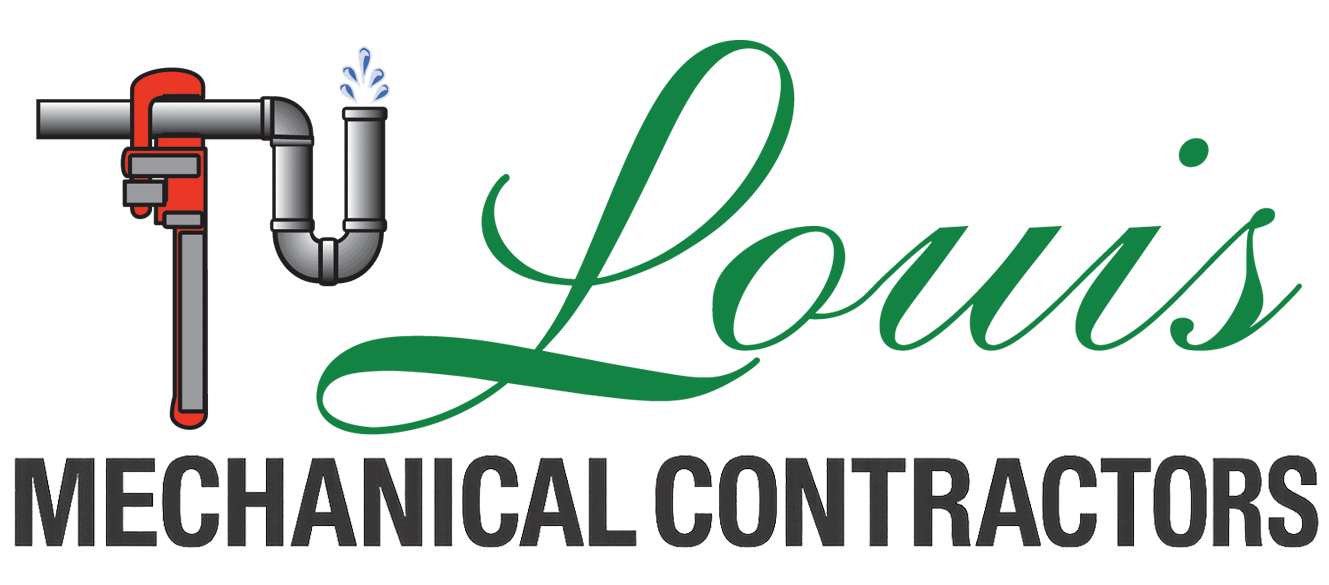Residential and commercial plumbers technically have the same job, but there are some differences. For starters, a residential plumber typically has regular 9-5 hours while a commercial one is likelier to work off-hours.
The reason is that they and the employees of where they’re doing the repairs don’t get in each other’s way. Despite the differences between these two types of plumbers, there are still a few commonalities.
When hiring a plumber, one thing to remember is “always ask questions.” There are some things you need to know to ensure you’ve made the right choice. Below are five questions to ask before hiring a residential plumber.
1. Are They Licensed?
Licencing requirements differ from state to state. Usually, though, a would-be residential plumber doesn’t have to have a high school diploma or GED before training to earn their certificate. Next is the apprenticeship stage.
It takes about 4 to 5 years to learn about plumbing, then two or so years of solo experience. Once they take their exam and meet state requirements, they’re a licensed plumber.
The point of licensing is that they know enough to repair your plumbing issues professionally. A licensed worker can fix your problems correctly the first time.
2. Are They a Specialist?
Whatever plumbing issues you’re having may not require the aid of a specialist. A general plumber can handle something like a clogged toilet.
You don’t need to consider hiring a specialist if you’ve got a complex problem. Say, for example, you need a heating unit installed or want to put in your new dishwasher. Specialists have the training to handle these jobs.
3. Are They Insured?
Do not work with an uninsured plumber. If something happens and they’re injured on the job, you could end up footing any hospital bills. You should always choose a plumber’s service with insurance and worker’s comp.
4. Are They Local?
If you’ve got a plumbing emergency, you’re going to want a plumber that’s relatively close. Choosing a local plumber can mean the difference between water damage and costly water bills.
It’s also best to ask your plumber what fees they charge. Some plumbing services also charge for travel time. If you’re trying to save as much money as possible, you may want to avoid a non-local plumbing service.
5. Have They Been Plumbing for Long?
Experience can mean the difference between a so-so job and an excellent job. It’s common sense to trust the person working in their chosen field for longer than someone that hasn’t.
The more work experience your potential plumbing hire has, the better they can do the job. Experience often means expediency and better quality as there’s no hesitance holding a worker back.
Trying to Hire A Residential Plumber?
Here are some things to remember when trying to hire a plumber. First off, make sure they’re licensed. You don’t want a residential plumber that doesn’t know what they’re doing handling your home plumbing system.
Ask if they’re insured and experienced. You don’t want to pay expensive hospital fees. You’ll also want someone that’s been working long enough to avoid mistakes.
The Louis Mechanical Contractors team has over 60 years of experience under its belt. We’ve handled jobs from water heater installation to gas leak repair. Contact us here if you need our services.
